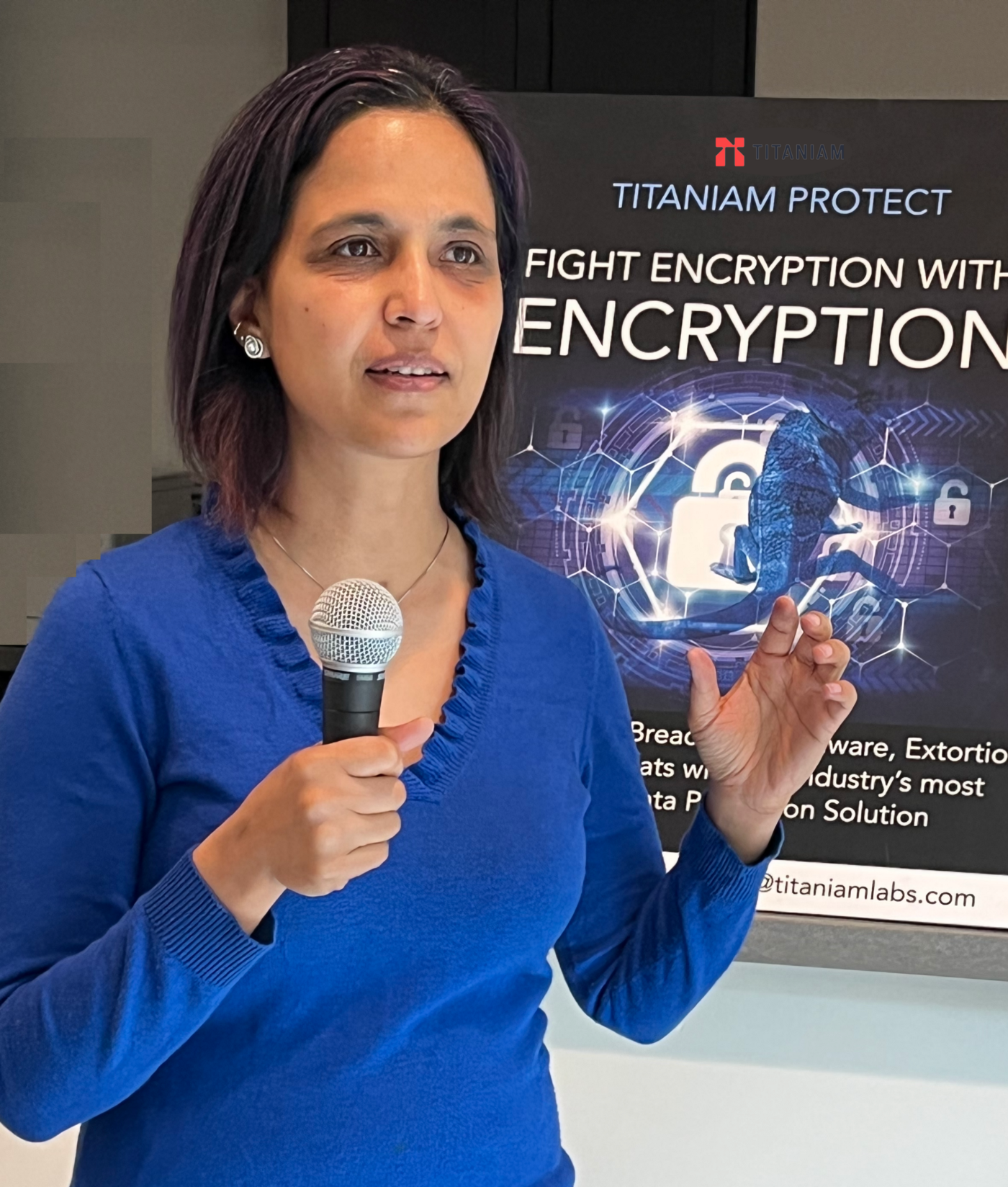
In recent years, the world has become aware of the effects and nature of a far-reaching virus. Biologically, a virus is something that inserts itself into the body and can replicate itself enough to infect the host. While this is true for living things, technology can also be exposed to viruses. – codes that can replicate themselves using different methodologies with the ultimate goal to destroy data, hold it for ransom, or breach security.
By some counts, there are more than 2,200 cyberattacks per day, amounting to one every 39 seconds. As data is a critical need of businesses, infrastructure, financial institutions, and more, these organizations must require a plan in the face of a worst-case scenario. Cyberattacks can affect all, regardless of the preventative measures or plan in place. There is no 100% guarantee when it comes to cybersecurity. When it comes to protecting sensitive data, a concept to consider is immunity.
A World of Consequences
In the initial years of the COVID-19 virus, much of the world was shut down and at the mercy of quarantine to avoid spreading the virus. Without any form of pre-exposure or protection, everyone rightfully feared the intense consequences of the virus. Most of the world had not been exposed to the virus before. This meant that the immune systems of the infected would take longer and more effort to learn how to fight it, so the best thing to do not to overwhelm the world with the disease was to completely shut down and stop the spread as there were no defenses.
Similarly, in the event of a ransomware attack, a company with no protection in place will find itself playing out a dance of potential consequences. To pay the ransom will mean dedicating the time and resources to retrieve critical business data from attackers. Still, it will mean that those resources are lost and cannot be allocated elsewhere in the company. On the other hand, should an organization refuse to pay or acknowledge the fee, sensitive data could be leaked, an organization’s reputation could be ruined, and lawsuits could result.
Yet, if the organization decides to pay the ransom, there is still no guarantee that the systems will be released by the cybercriminals and/or that they won’t leak the data they’ve collected.. With these scenarios and uncertainty, it is essential to have a preventative plan to help organizations avoid ever being in a place where they have to make that choice.
A Solution to Combat Future Consequences
One of the worldwide solutions to prevent the spread of COVID-19 was to create a vaccine. Then, the virus could still be contracted and would continue to affect individuals. However, with vaccinations, the antibodies from the shots and boosters were recognized by the immune systems once a person was infected. In this sense, pre-exposing people to the virus in tolerable doses was a plan that worked to fight the virus. And once more people were given the full dose of the vaccine, hospitalization rates soared down for those who had been pre-exposed. Tragically, in the subsequent waves of the virus, those who were not vaccinated were more often left vulnerable, and the ones who continued to fill hospital beds and get very sick. While there was never guaranteed protection once a person got a shot, the numbers proved to be in favor of those who did their planning and got the appointments to stay on top of getting vaccinated and boosted.
Immunity as a Solution to Cyberattacks
This is similar to having a cybersecurity solution in place that promotes immunity to sensitive organizational data. To exist in the technological world with sensitive data means the business is at risk. There is no guarantee that an organization or company will not contract a virus or get attacked. Motivated cybercriminals will continue to find loopholes in every system and hack away as that is their way of doing things.
However, while there is no way to make the viruses completely go away, a group can acknowledge they are at risk and then find a plan to boost their immunity. By raising their defenses against the potential implications of the viruses, the system is at better odds for when, not if, a ransomware attack occurs. This is similar to how those with the vaccine in their bodies generally fared better in the subsequent waves of the pandemic.
To seek immunity, cybersecurity solutions should fit what the organization needs to protect. Sensitive client data for a business may need to be protected differently from a regulated vertical agency.
When there is a backup plan in place, and the organization has made an effort to think through what will happen in a ransomware attack, the effects of an attack will be less severe as there is some defense in place. While there is never a guarantee in cybersecurity, as the criminals’ entire motivation is to break down the solutions in place, having some form of a solution in place is better than nothing. Thus when an attack happens, organizations will not be at the mercy of ransoms or what the attackers choose to do with highly sensitive data but can feel less of the effects and move on.
About Arti Raman
Arti Raman is the CEO and Founder of Titaniam, a cutting edge data protection company that enables enterprise data to become immune to ransomware attacks, insider threats, or misconfigurations. Prior to founding Titaniam, Raman served as an executive at Symantec where she focused on product strategy for the enterprise business, managing UX for the company and also founded and lead the competitive intelligence group. She is a strong supporter of women in security and STEM for girls.
